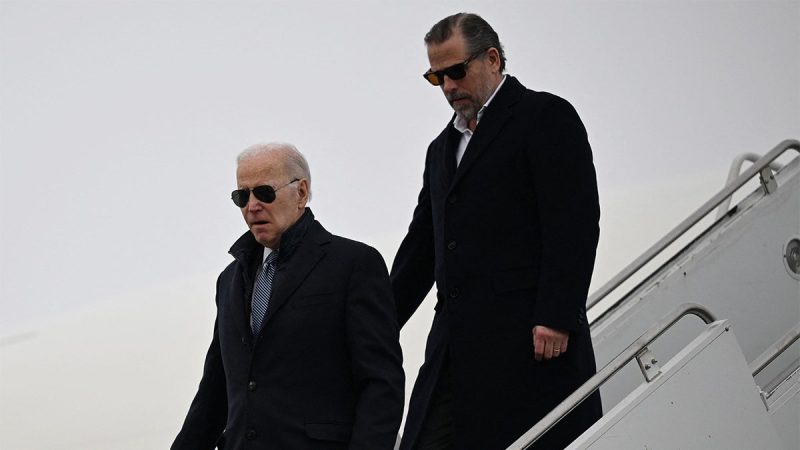Article:
As controversies continue to pile, the resurface of a potential full pardon for Hunter Biden, son of President Joeseph R. Biden, Jr., has become the talk of the town once more, stirring the already turbulent waters of the American political landscape.
The controversies that revolve around Hunter Biden are not new. They stretch back over a decade, with several cases filled with serious allegations that continue to affect his reputation and integrity. One of the most significant controversies lies in his business deal with Burisma Holdings, a Ukrainian energy firm. Hunter was alleged to have used his father’s influence for personal gain when Joe Biden was Vice President during the Obama administration. An email allegedly from Vadym Pozharskyi, a top Burisma official, to Hunter, thanking him for the opportunity to meet his father, supported these allegations.
Hunter Biden’s alleged connection to the Chinese Communist Party (CCP) constitutes another considerable controversy. Associated with Ye Jianming, the former chairman of the CEFC China Energy Co., Biden was said to have facilitated business deals and negotiations favoring the CCP. This connection was exposed through a laptop allegedly belonging to Hunter Biden, handed in for repair but never collected, which contained e-mails and other forms of correspondence relating to these matters.
The turmoil also includes Hunter’s struggles with substance abuse, compounding his image negatively in the public eye. The addictive behavior has reportedly interfered with his professional and personal responsibilities, amplifying the public perception of a troubled individual hunting personal benefits through political connections.
Notably, the resurfacing full pardon case suggested that Hunter might be absolved from all controversies involving his financial dealings and substance abuses. A federal investigation into his taxes, which started discretely in 2018, unveiled its existence in December 2020. Despite ongoing investigations, there have been persistent suggestions of potential interference from the White House, culminating in the potential total pardon for Hunter.
However, such a pardon, if proposed and accepted, would not only absolve Hunter from his past and present allegations but might also fuel the fire of criticisms against the Biden administration. An inherent peril of the pardon is the impression of privilege, given to familial connections, nurturing disapproval and skepticism within the public sphere. This situation further complicates the tightly interwoven dynamics of American politics against the backdrop of justice, equity, and accountability.
In conclusion, the narrative surrounding Hunter Biden continues to ebb and flow with damaging revelations and potential redemptions. The case highlights crucial considerations in the dialogue on political power, family connections, and the importance of transparency and accountability within societal institutions.






























